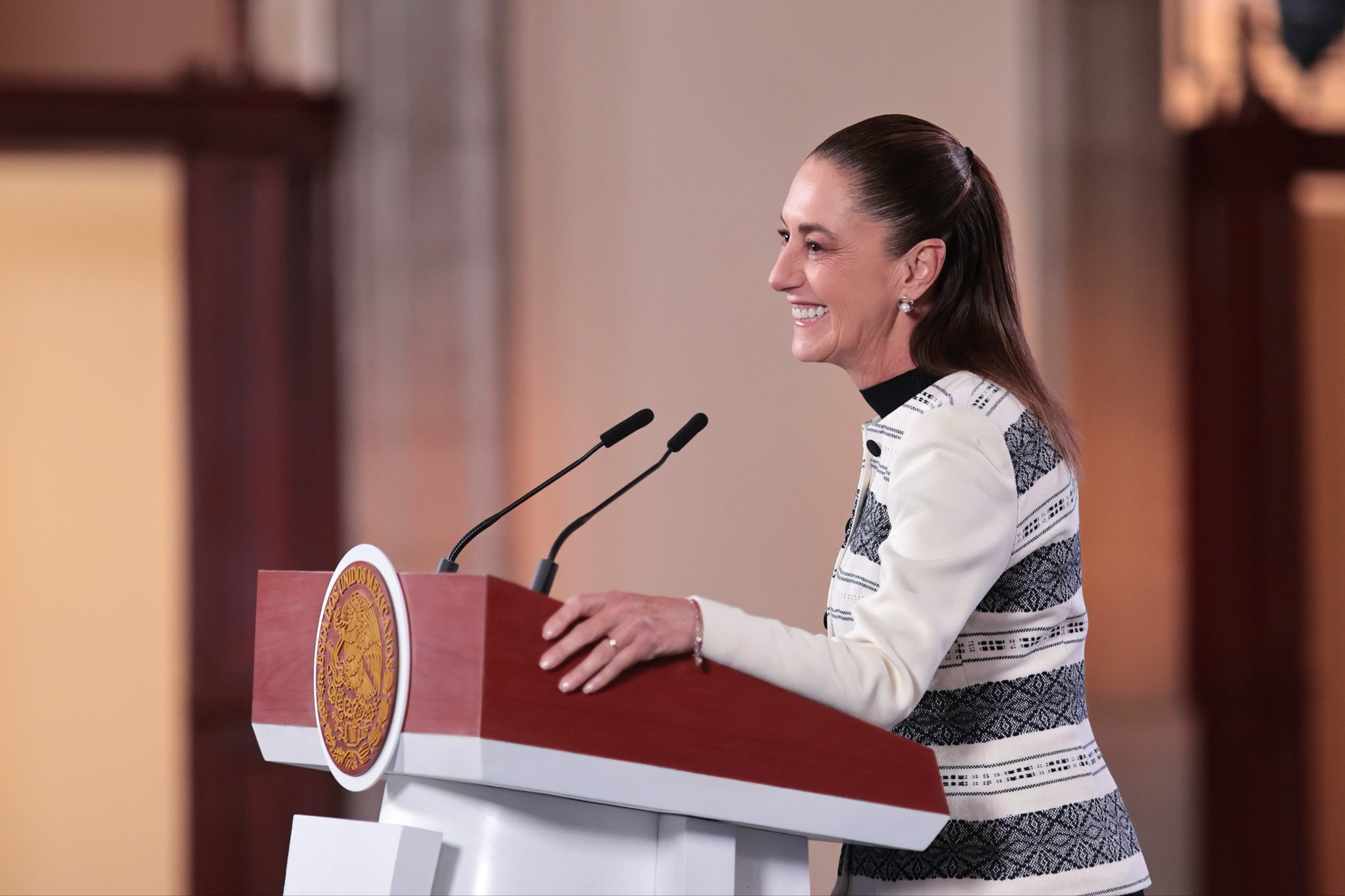Cuba has More Economic - not Political - Freedom
Cuba has More Economic - not Political - Freedom
The increase in remittances to Cuba is what provided the capital and the material inputs for a lot of the emerging businesses, explains AS/COA's Christopher Sabatini.
MIAMI — As the United States prepares to enter a new era in its relations with Cuba, it will encounter an island that has undergone significant economic changes in the past few years.
Since taking control of the government from an ailing Fidel Castro in 2008, Cuban President Raúl Castro has implemented a series of economic changes that have shifted more than 500,000 workers from the state-run economy to private enterprises. For the first time, Cubans can buy and sell their homes and their cars. Castro asked for suggestions on how to improve the economy shortly after assuming power, leaving a population used to taking orders more willing to openly express their reservations....
Aside from rare exceptions, people who want to start a business require financial help from abroad. Around the same time that Cuba opened its private sector, President Obama lifted the caps on remittances that Cubans in the USA could send back to their relatives. In 2012, Cuban Americans sent $2.6 billion to relatives in Cuba, according to the Miami-based Havana Consulting Group. By 2013, that amount rose to $3.5 billion.
"That is what provided the capital and the material inputs for a lot of these (businesses)," said Christopher Sabatini, a professor at Columbia University's School of International and Public Affairs. "You wouldn't have had one without the other...."







